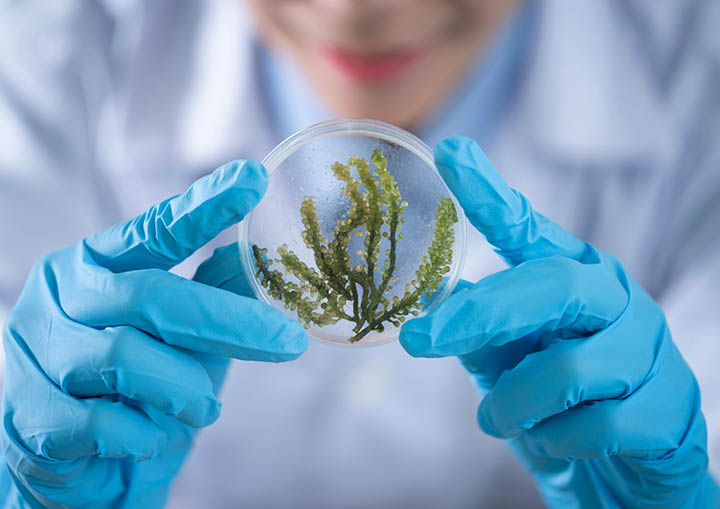
BTEC Level 3 Applied Science (Extended Diploma)
Get insights into the curriculum we offer, discover the topics and skills you’ll learn with us and find out why this is a great subject to study with us

The BTEC Level 3 Applied Science is an excellent study option for students interested in pursuing careers in scientific disciplines. This vocational course emphasizes practical skills alongside theoretical knowledge, providing a comprehensive understanding of various scientific principles and their real-world applications. The curriculum covers a range of scientific fields including biology, chemistry, and physics, making it ideal for students who wish to explore multiple areas of science or specialize in a specific field.
Students will engage in hands-on experiments and projects that reinforce their learning and develop their investigative skills. This approach not only enhances their understanding of scientific concepts but also prepares them for further education and careers in science-related fields. The course is assessed through a combination of coursework, practical exercises, and written exams, catering to different learning styles and abilities. BTEC Level 3 Applied Science is a robust foundation for higher education or direct entry into various professional roles.
Entry requirements: Grade 4-4 in GCSE Combined Science and Grade 5 in GCSE Maths and English Language
Course content
This qualification provides learners with the knowledge, understanding and skills that underpin study
of the applied science sector, providing the opportunity to focus on different aspects of applied
science.
You will study seven mandatory units:
• Unit 1: Principles and Applications of Science I
• Unit 2: Practical Scientific Procedures and Techniques
• Unit 3: Science Investigation Skills
• Unit 4: Laboratory Techniques and their Application
• Unit 5: Principles and Applications of Science II
• Unit 6: Investigative Project
• Unit 7: Contemporary Issues in Science.
There is the opportunity to explore, through the optional units below, a particular area of science,
to support progression to applied science courses in higher education, and to link with relevant
occupational areas. The particular scientific areas covered are:
• Biomedical Science – optional units cover topics such as physiology, microbiology, and diseases
and infections
• Analytical and Forensic Science – optional units cover topics such as chemical analysis,
applications of organic chemistry, and forensic evidence collection and analysis
• Physical Science – optional units cover topics such as materials science, astronomy and electrical
circuits.
Assessment
Assessment is specifically designed to fit the purpose and objective of this qualification. It includes arange of assessment types and styles suited to vocational qualifications in the sector. For this
qualification, there are three main forms of assessment; external, internal and synoptic. External-assessed units: Learners will sit written examination papers based on the qualification
content, under specified conditions. These are marked by Pearson and a grade awarded. Internally-assessed units: Most units on this qualification are internally assessed. This means that the
school will set and assess assignments, which will be externally moderated by Edexcel. Synoptic- assessed units: There are formally identified units which contain a synoptic assessment
task. These tasks allow learners to apply their knowledge and skills to realistic contexts.
What you can do next?
Applied Science qualification provides a range of progression pathways. It supports entry to university degree courses, for example BSc (Hons) in Chemistry with Analytical Science, BSc (Hons)
in Forensic Science, BSc (Hons) in Biomedical Sciences, BSc (Hons) in Pharmacy (some university courses may require achievement of specific units) as well as Higher National Diploma (HND) in
Applied Science. The course also provides learners with a range of transferrable employability skills including cognitive and problem-solving skills, interpersonal skills and intrapersonal skills.